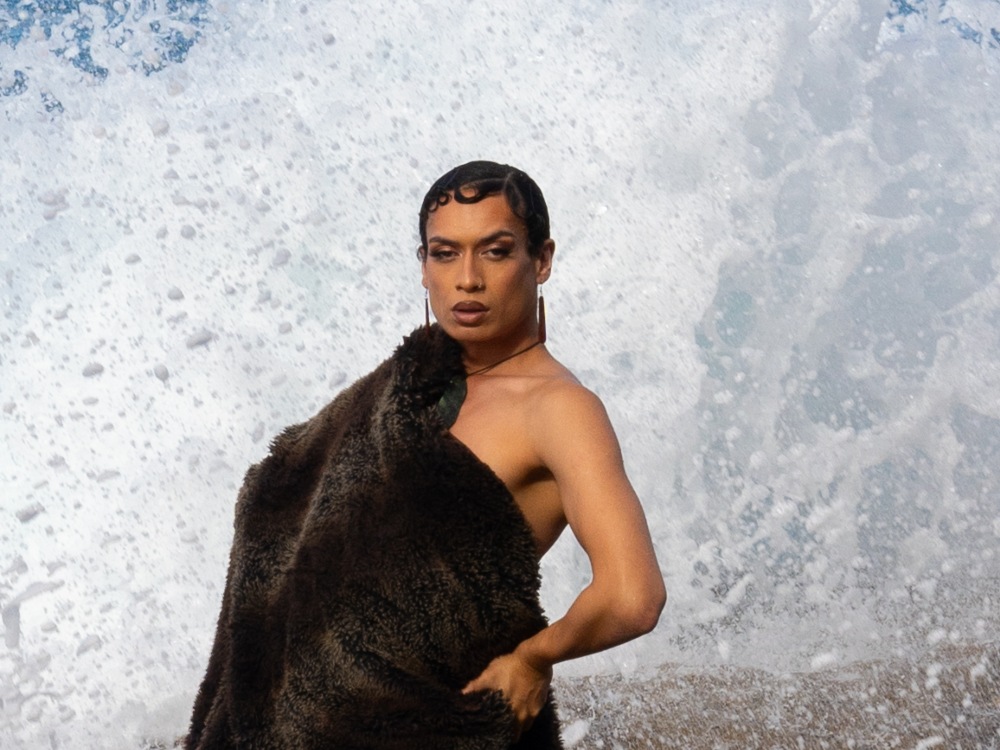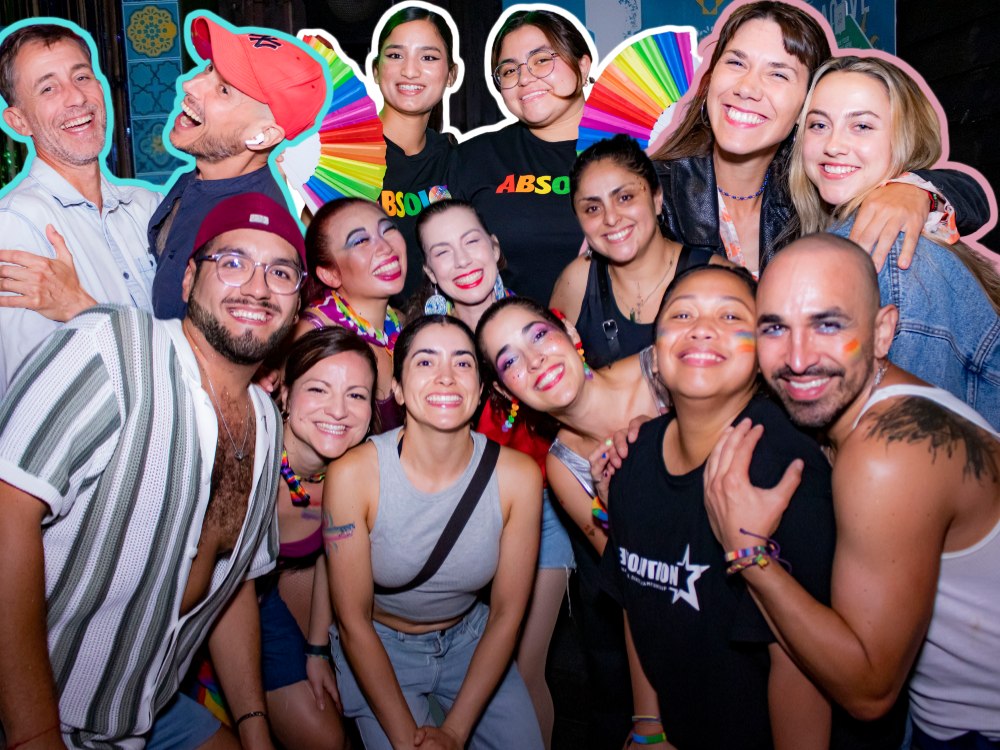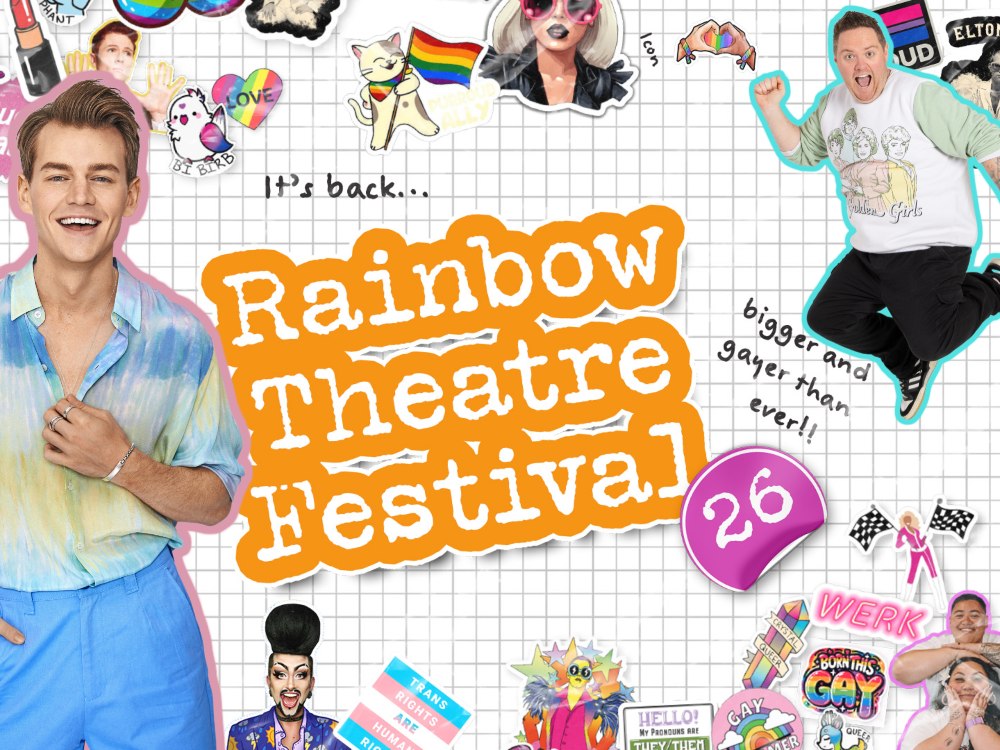Oliver Hall discovers how Māori-Pasifika artist Jamaica Moana honours her father, leads in Sydney’s ballroom scene, and reclaims identity through whakapapa, aroha, and artistry.
In the quiet moments before a performance or the release of a vulnerable track, Jamaica Moana carries her tupuna with her. Whether she’s commanding the stage at Dark Mofo or returning home to the Hokianga for replenishment, the Sydney-based rapper, songwriter, and ballroom icon is never far from her roots. Born into a tight-knit whānau and raised between South Auckland and South-West Sydney, Jamaica Moana is part of a generation of Māori and Pasifika artists reshaping what it means to be both proud and unapologetically queer.
With the release of her latest single KEEP IT REAL—a soul-baring tribute to her late father—Jamaica invites listeners into one of the most intimate chapters of her life. “Losing my father as a fresh 20-year-old was an extreme life lesson,” she says. “I never thought I would be publicly speaking on this, but this is a part of my healing process.”
Featuring powerhouse vocals from soul artist Prinnie Stevens and produced by alt-R&B virtuoso Milan Ring, KEEP IT REAL drifts away from the fierce, electronic bravado of previous singles like TUGGAWAR. It’s raw, delicate, and layered with the voice notes of her father, Bud. “These are my most honest lyrics,” she shares. “I’m speaking from a healed perspective, reflecting on the person I was after his passing.”
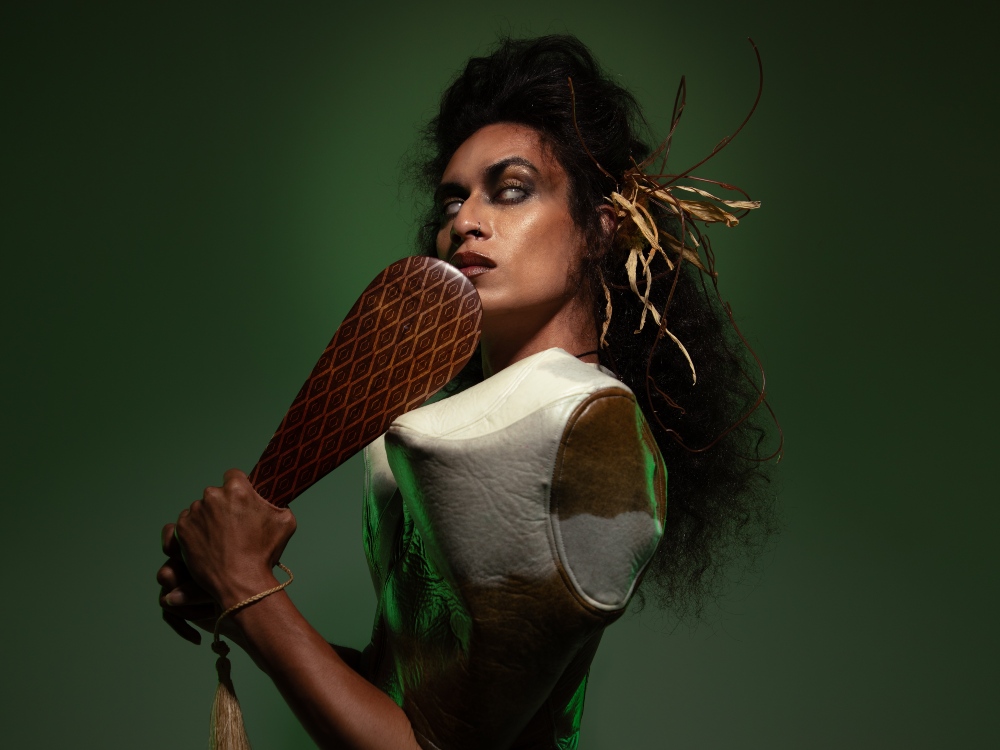 The track’s title echoes the life motto Bud lived by—keep it real. For her older brothers, it meant being hearty, staunch, dependable. But for Jamaica, it’s taken on a more expansive, personal meaning. “Keeping it real meant to love who I am and be strong against anyone who doesn’t support that,” she explains. “It’s about honouring your identity, not shrinking it.”
The track’s title echoes the life motto Bud lived by—keep it real. For her older brothers, it meant being hearty, staunch, dependable. But for Jamaica, it’s taken on a more expansive, personal meaning. “Keeping it real meant to love who I am and be strong against anyone who doesn’t support that,” she explains. “It’s about honouring your identity, not shrinking it.”
Though based on Gadigal land in Sydney, Jamaica is spiritually grounded in Aotearoa. Her whakapapa connects her to both Hokianga and Waikato, and she regularly returns to both places. “My tupuna are with me no matter where I am based,” she says. “I make sure to come back to them multiple times a year. I’ll even post that I’m still in Sydney just to have time to be present at home.”
Raised in a whānau that stayed close to te ao Māori despite living across the Tasman, she remembers being one of the only visibly queer kids in her school environment. “I didn’t see many queer people like me around and knew I was different,” she recalls. “Even before the movie Moana, pākehā teachers would pronounce my surname as ‘Moaner’ before being corrected.” It wasn’t until her teenage years that she found her people—other queer Māori and Pasifika creatives—whose visibility gave her space to thrive.
That spirit of visibility and affirmation now lives on in the work she does within the Australian ballroom scene. As a leader and resident commentator, Jamaica co-founded The West Ball, an event that has become a cornerstone of queer culture in Sydney. But for her, ballroom isn’t just about fashion or performance—it’s about community. “Being a ballroom community leader has taught me how vital it is to sustain safe spaces to allow the next generation to grow freely,” she says. “Being othered in the world is irrelevant inside our community because we understand that firsthand.”
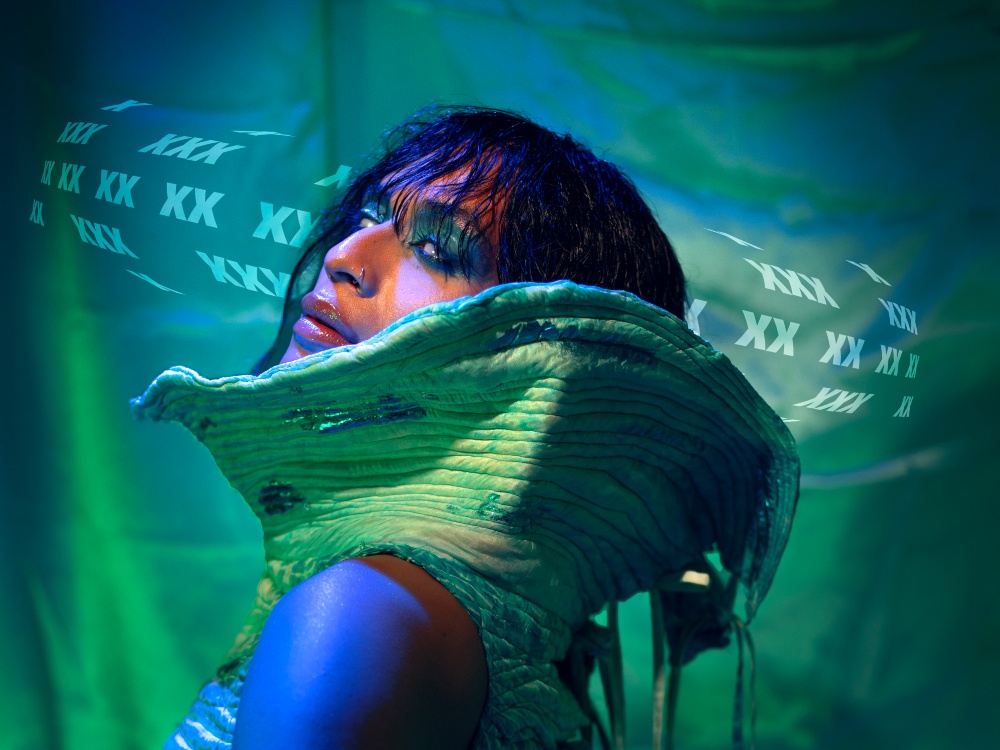 And while the voguing, the music, and the lights matter, it’s the concept of chosen whānau that remains at the core. “We relinquish any boundaries the colonial world has placed on us by simply leading with love, family and survival.”
And while the voguing, the music, and the lights matter, it’s the concept of chosen whānau that remains at the core. “We relinquish any boundaries the colonial world has placed on us by simply leading with love, family and survival.”
Despite her rising profile—having performed alongside acts like Ngaiire, Cakes da Killa and Junglepussy, and appearing at Sydney Mardi Gras, FBi Radio SMAC Fest, and Australian Fashion Week—Jamaica has yet to perform in Aotearoa as a solo artist. But that moment is on the horizon. “I haven’t yet performed in Aotearoa as a rapper, but I look forward to it!” she says. “I predict that the difference would be the feeling of performing on my whenua.”
Whether she’s building legacy through her music, creating space for queer rangatahi, or simply reconnecting with her whenua, Jamaica Moana is a force rooted in truth, in wairua, and in deep cultural pride. “This mahi is always evolving,” she says. “But I’ve learned that leading with authenticity and aroha will always guide me home.”
Follow Jamaica on socials and streaming platforms @jamaicamoana











